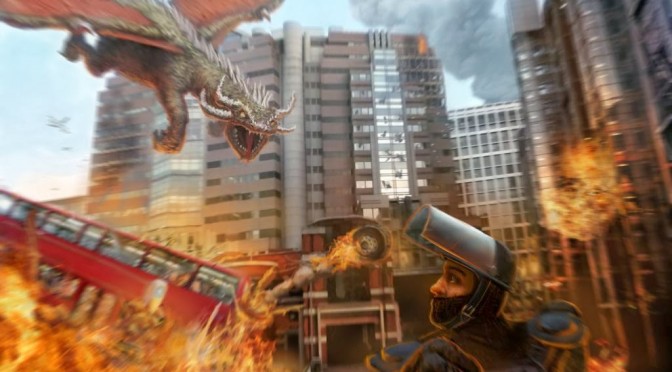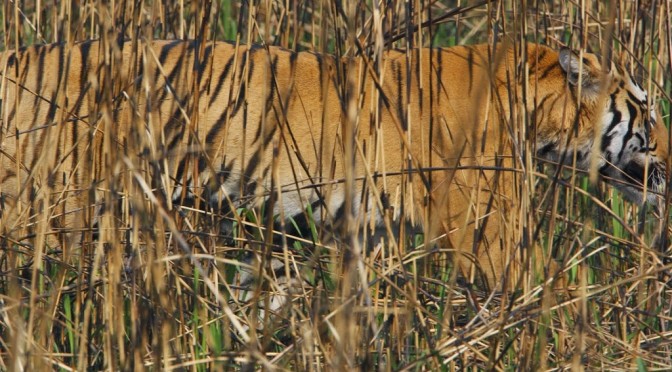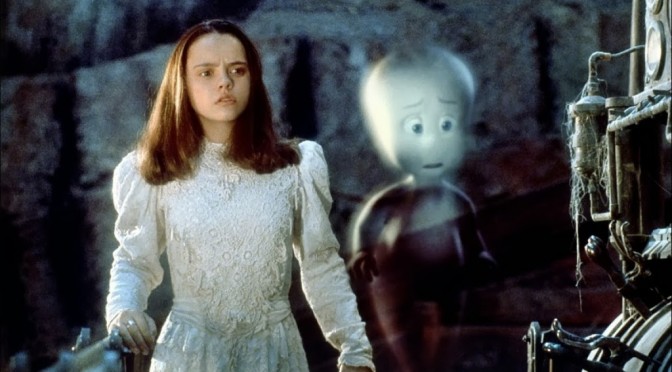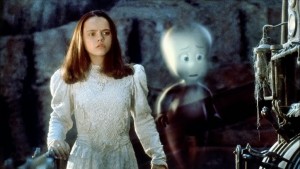So, continuing the trend and closing up the month (as next week it will be December), I am marking another week of NaNoWriMo with a little helpful advice to first time authors who may be taking the first step into the literary world this month. If you’re reading this on some other month, welcome, hope it’s helpful to you too in the far flung future. So far, if you’re late to the show, I’ve covered Mystery and Science-Fiction, two of the genres in my novel series Agent of Argyre. But today it’s time for the third major component to my stories: Fantasy!
But I’m sure at this point you realize how silly it is to give advice on how to create Fantasy stories. The beauty of Fantasy is that there are literally no rules to it. You can do anything you want to do in a Fantasy story so long as you have good storytelling and charming characters. This makes it one of the best genres for a lot of people who are just starting. Still, there is some room for me to be opinionated and throw unsolicited advice your way: How do you keep it fresh?
Fantasy has to be one of, if not the, oldest genres of fiction in human history. Even before the written word we were telling each other fanciful tales around the fire in the late evening hours. Folklore and mythology don’t just influence Fantasy – they were part of it. So it’s daunting for people to take that much history and be able to add their own mark to it. How do we do it?





